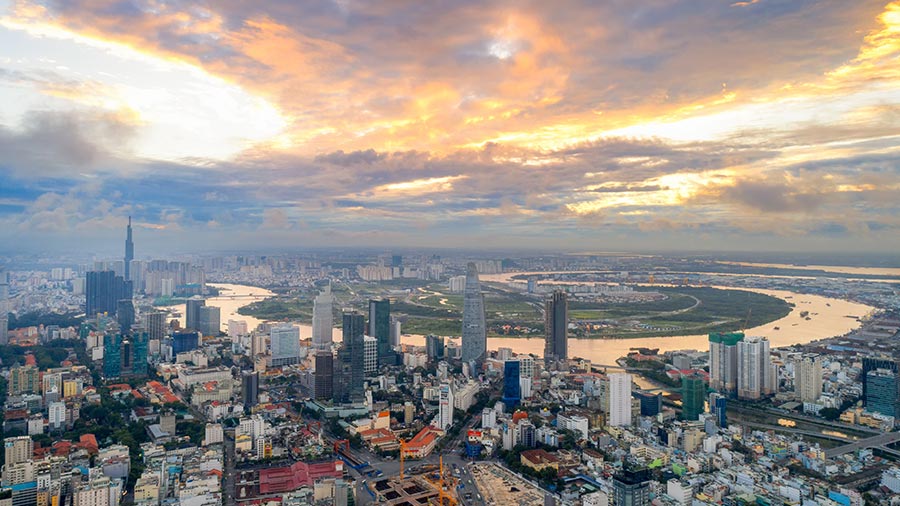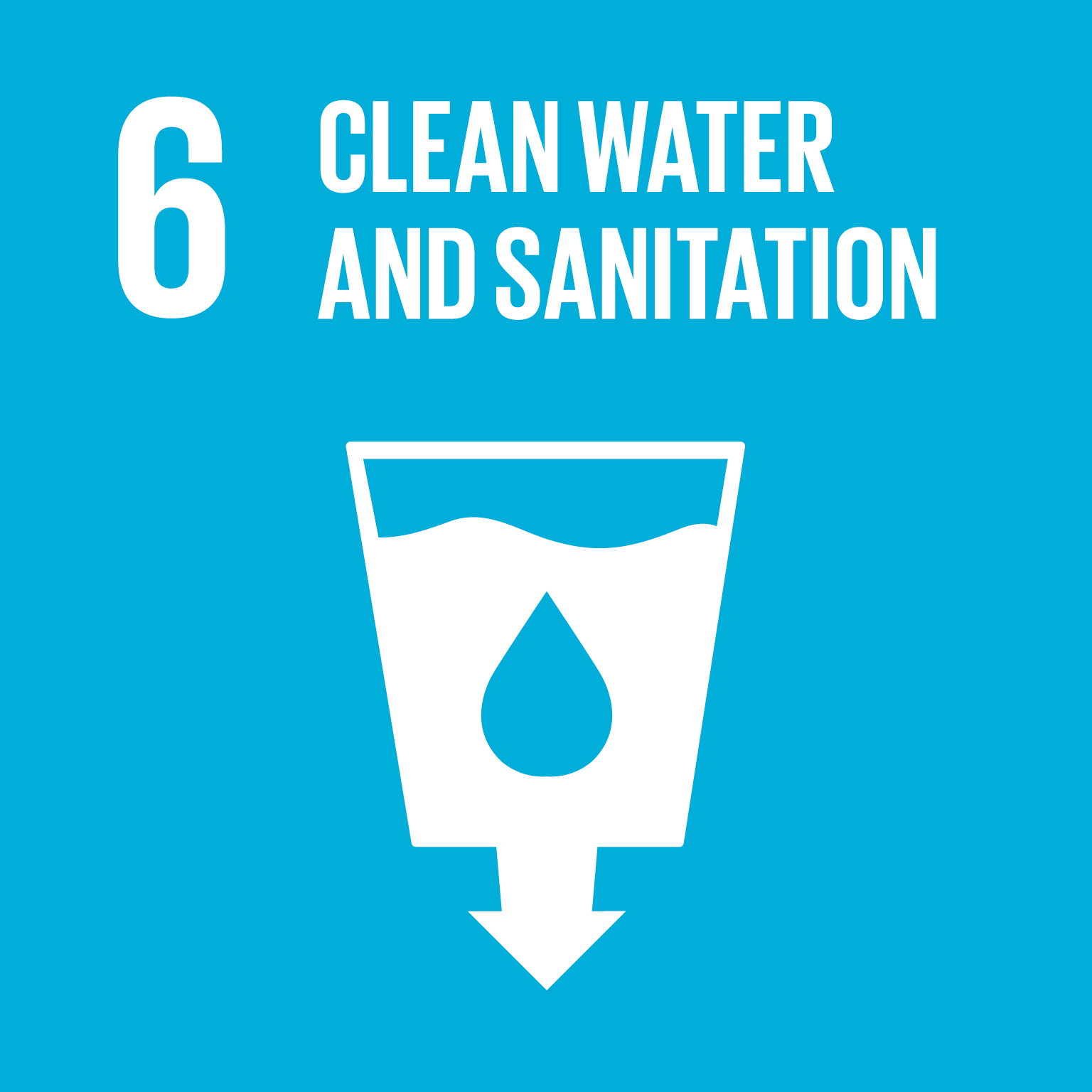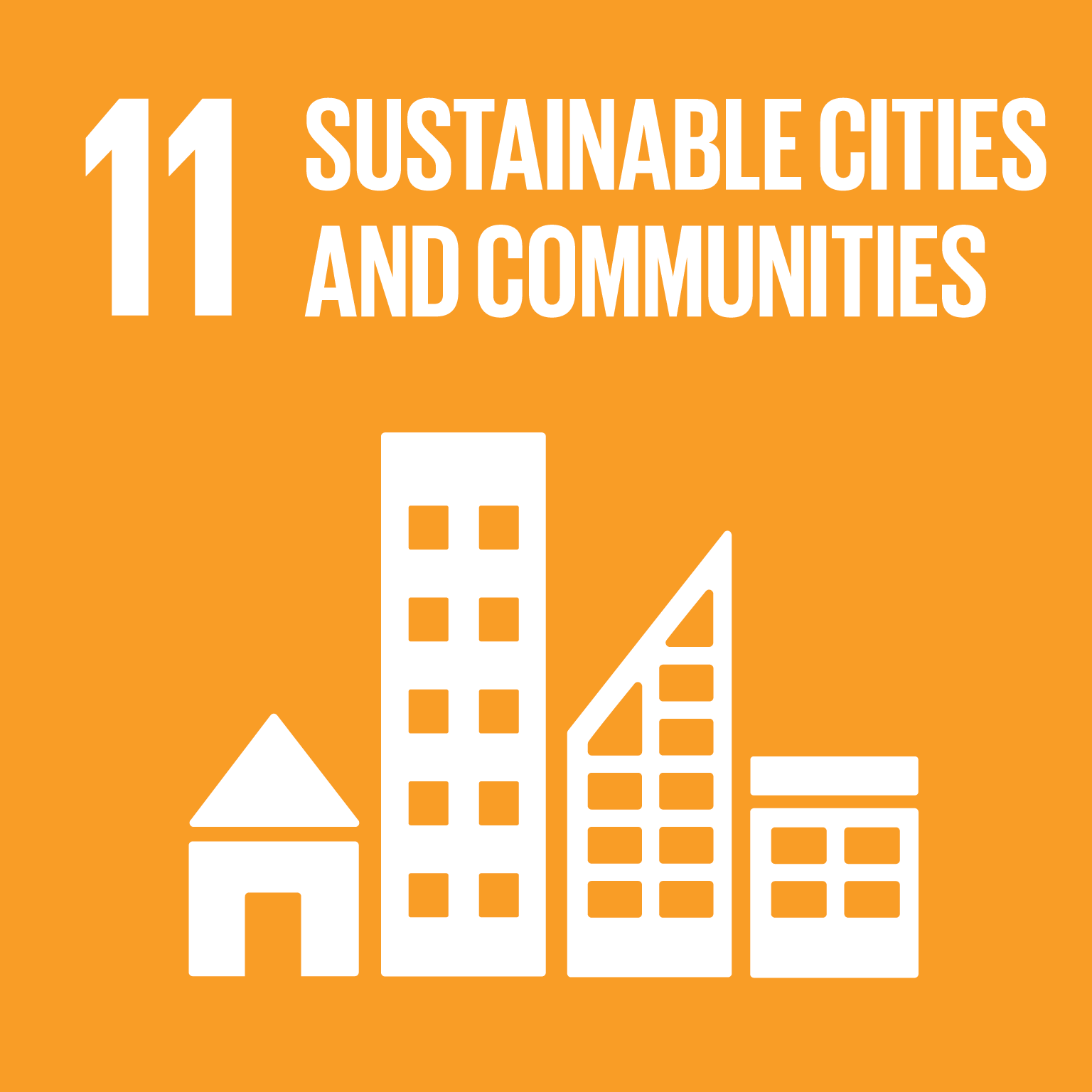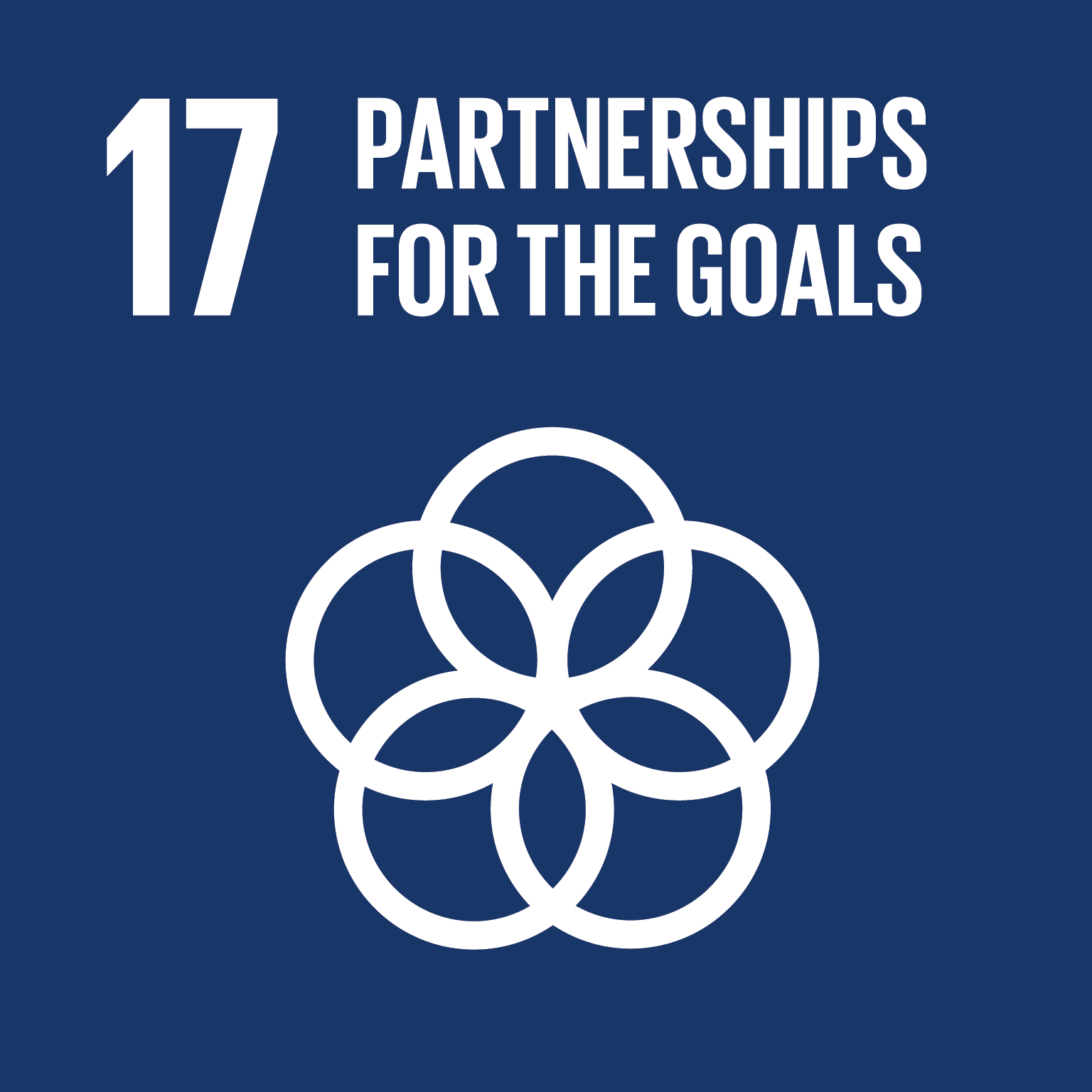The RMIT University in Melbourne, Australia was recently awarded a project by the Asia-Pacific Network (APN) for Global Change Research, under its under its Collaborative Regional Research Programme (CRRP).
One of the areas being addressed by the programme is the Global Change and Sustainability in the COVID-19 Era: Pursuit of transformation to more resilient societies. The project, entitled 'Integrated assessment of existing practices and development of pathways for the effective integration of nature-based water treatment in urban areas in Sri Lanka, the Philippines and Vietnam', aims to analyse the experiences of existing nature-based pilot and demonstration projects in six cities in Southeast Asia (two in each Sri Lanka, Philippines and Vietnam).
This project will also develop and test a nature-based water treatment pathways methodology and guide that can be used to support the establishment, maintenance and scaling of nature-based water treatment through collaborative action-research and multi-stakeholder consultations.
The project will be implemented in close collaboration with relevant international networks and will be informed by international experiences with the integration of nature-based water treatment in urban water management and planning from Australia and Europe.

Project timeline: 2021-2023
Key contributors: The project is led by Prof. Veeriah Jegatheesan, Director of the Water: Effective Technologies and Tools (WETT) Research Centre of RMIT University, together with Ms. Nevelina Pachova (RMIT Europe) and Ms. Perlie Velasco, PhD candidate and casual researcher at the School of Engineering, RMIT University.
Other collaborators involved in the project are:
- Prof. K.B. Shameen N. Jinadasa and Prof. Mohamed Ismail Mohammed Mowjood (from the Faculty of Engineering and the Faculty of Agriculture of the University of Peradeniya, Sri Lanka, respectively)
- Dr. Sujithra Kaushaliya Weragoda (National Water Supply and Drainage Board, Sri Lanka)
- Assoc. Prof. Ma. Catriona E. Devanadera (College of Human Ecology, University of the Philippines-Los Baños)
- Ms. Amy M. Lecciones (Society for the Conservation of Philippine Wetlands, Inc.)
- Prof. Bui Xuan Thanh (Ho Chi Minh City University of Technology (HCMUT) – Vietnam National University)
- Prof. Nguyen Phuoc Dan (Asian Center for Water Research – HCMUT)
- Assoc. Prof. Dr. Ngo Thuy Diem Trang (College of Environment & Natural Resources, Can Tho University, Vietnam)
- Dr. Huy Nguyen Anh Pham (RMIT University, Vietnam)
- Assoc. Prof. Antonina Torrens (Fundació Solidaritat Universitat de Barcelona).
Find out more here.
This project addresses the following Sustainable Development Goals and Targets:
6.1 By 2030, achieve universal and equitable access to safe and affordable drinking water for all
6.5 By 2030, implement integrated water resources management at all levels, including through transboundary cooperation as appropriate
6.6 By 2020, protect and restore water-related ecosystems, including mountains, forests, wetlands, rivers, aquifers and lakes
11.3 By 2030, enhance inclusive and sustainable urbanization and capacity for participatory, integrated and sustainable human settlement planning and management in all countries
11.6 By 2030, reduce the adverse per capita environmental impact of cities, including by paying special attention to air quality and municipal and other waste management
17.7 Promote the development, transfer, dissemination and diffusion of environmentally sound technologies to developing countries on favourable terms, including on concessional and preferential terms, as mutually agreed
17.9 Enhance international support for implementing effective and targeted capacity-building in developing countries to support national plans to implement all the Sustainable Development Goals, including through North-South, South-South and triangular cooperation
17.17 Encourage and promote effective public, publicprivate and civil society partnerships, building on the experience and resourcing strategies of partnerships

Get in touch
For more information or to discuss partnership and collaboration opportunities, email us at SDGs@rmit.edu.au.
For more information about RMIT’s sustainability commitments and activities visit www.rmit.edu.au/sustainability


